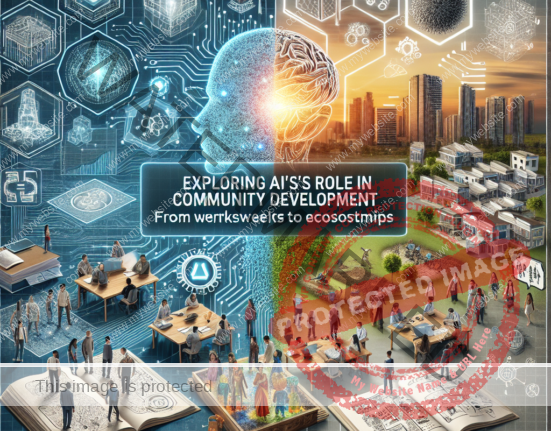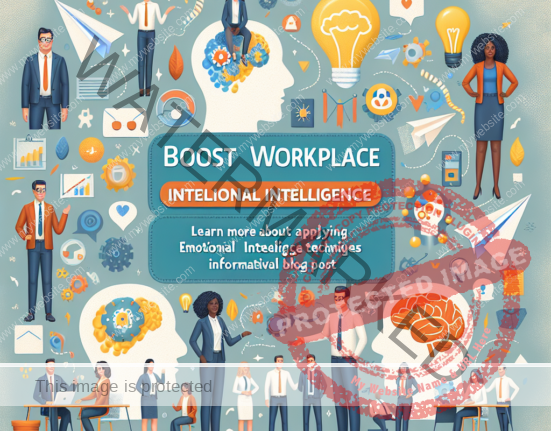Thoughts on AI’s Influence on eLearning Roles
Having worked as an eLearning developer for many years, I found the discussion on AI’s impact on eLearning roles to be very enlightening. Viewing AI not just as a tool but as an unseen force accelerating changes in learning and development roles really resonates with me. It’s akin to the future’s wireless technology – quietly fundamental, shaping our work dynamics, and introducing new opportunities for efficiency and innovation.
The analogy of being a flip phone versus a smartphone in today’s eLearning setting is quite fitting. For those who swiftly create content, AI could massively boost their productivity. AI-driven autonomous agents have the potential to significantly speed up content creation and delivery processes. Conversely, for those more focused on behavior change and problem-solving, the impact may be less drastic but still crucial in terms of strategic shifts and mindset adjustments.
Taking the article’s advice, like improving data literacy and analytics, exploring AI and automation tools, and mastering agile project management, is essential for staying relevant in the evolving eLearning industry. As eLearning developers, we must adapt, welcome new technologies, and acquire new skills to address the challenges of the future workplace.
Embracing the Evolving eLearning Landscape
Focusing on evidence-based yet practical workplace learning design, as emphasized in the article, is vital for eLearning developers. Making design choices based on research while also being practical and aligned with organizational objectives is key to creating impactful learning experiences. While AI can aid in personalization and content curation, our grasp of data, storytelling abilities, and agile project management proficiency will be pivotal for success in the ever-changing eLearning environment.
As someone specializing in Articulate Storyline 360 and Rise for eLearning development, I see AI’s potential to enrich user engagement, streamline course creation, and personalize learning experiences. By embracing AI and automation tools, we can free up time for strategic projects, experiment with novel methods, and provide timely learning interventions that enhance performance and align with business goals.
Getting Ready for AI-Driven eLearning
In conclusion, the article provides valuable guidance for eLearning developers like me on preparing for an AI-dominated future of eLearning. Through investing in data literacy, becoming adept with AI and automation tools, and refining our storytelling and agile project management skills, we can adapt to the changing roles and requirements of the eLearning sector. As a seasoned eLearning developer, I am enthusiastic about the potential that AI brings to the field and eager to utilize these technologies to create innovative and impactful online learning experiences.
To delve deeper into this topic, you can find the source article here: Role Change Owing To AI: Will It Change?
















